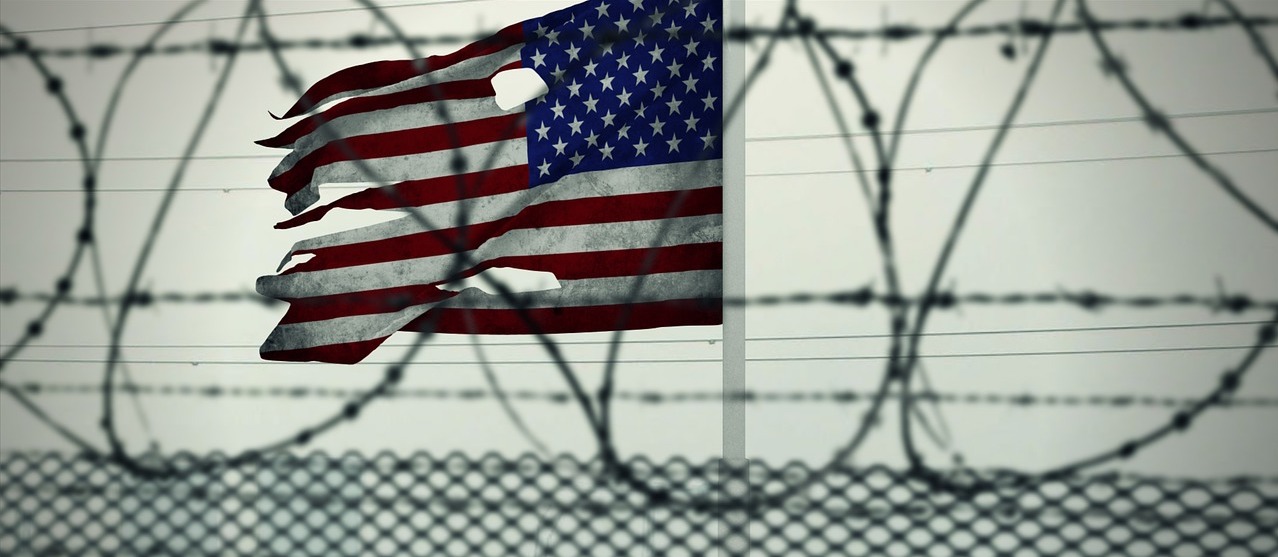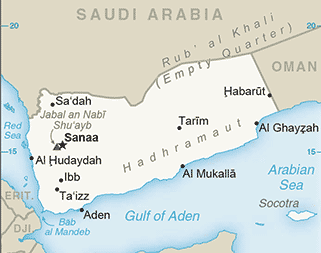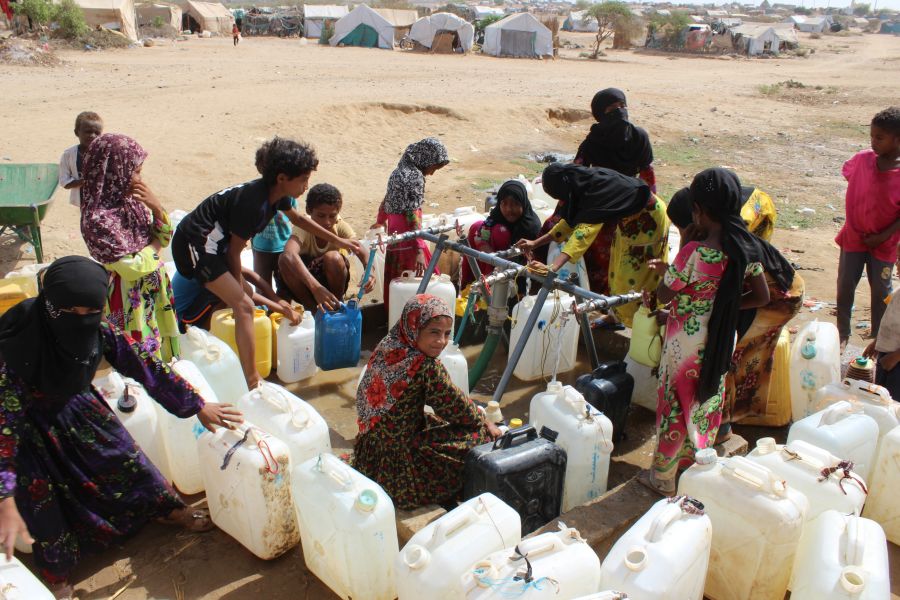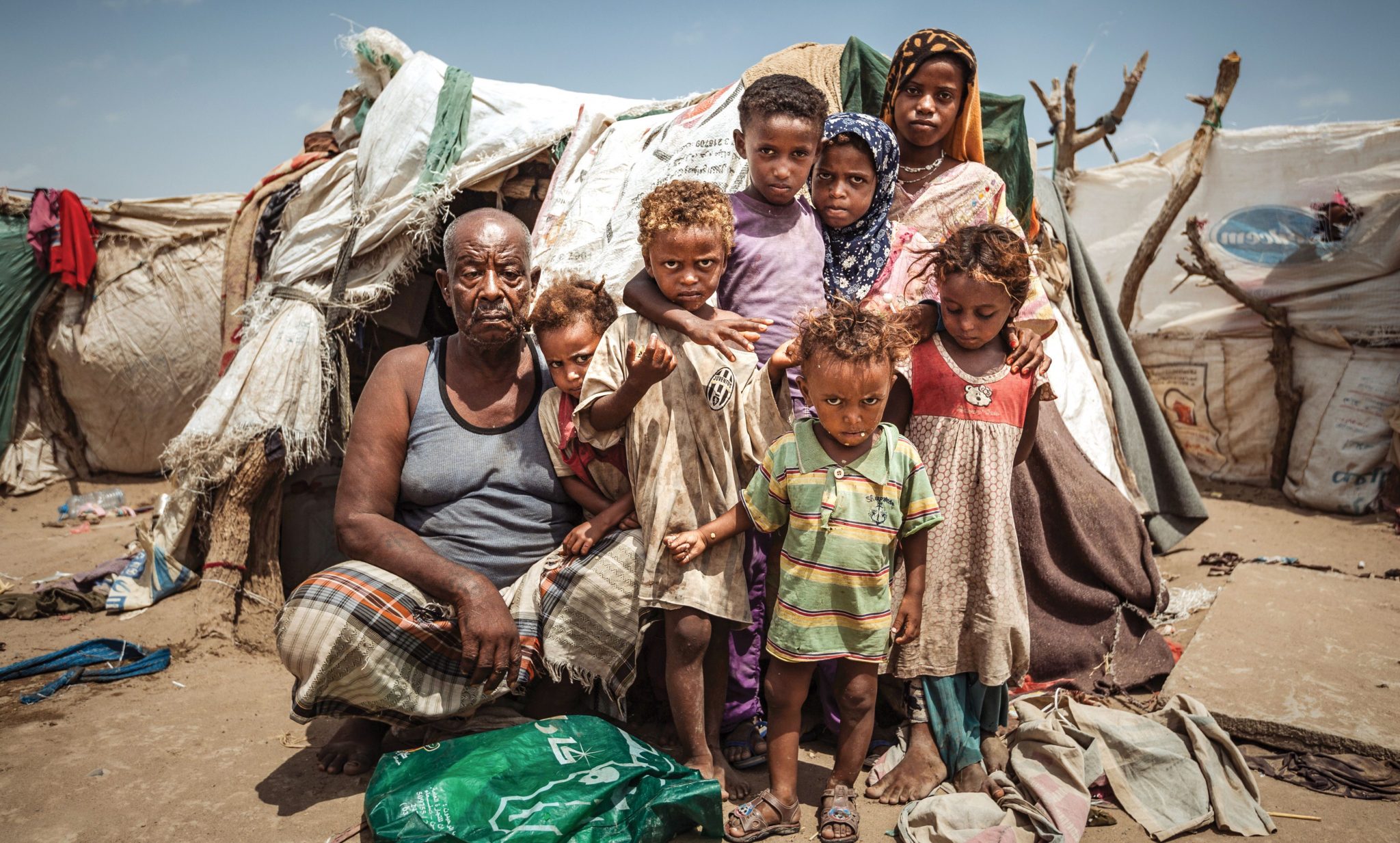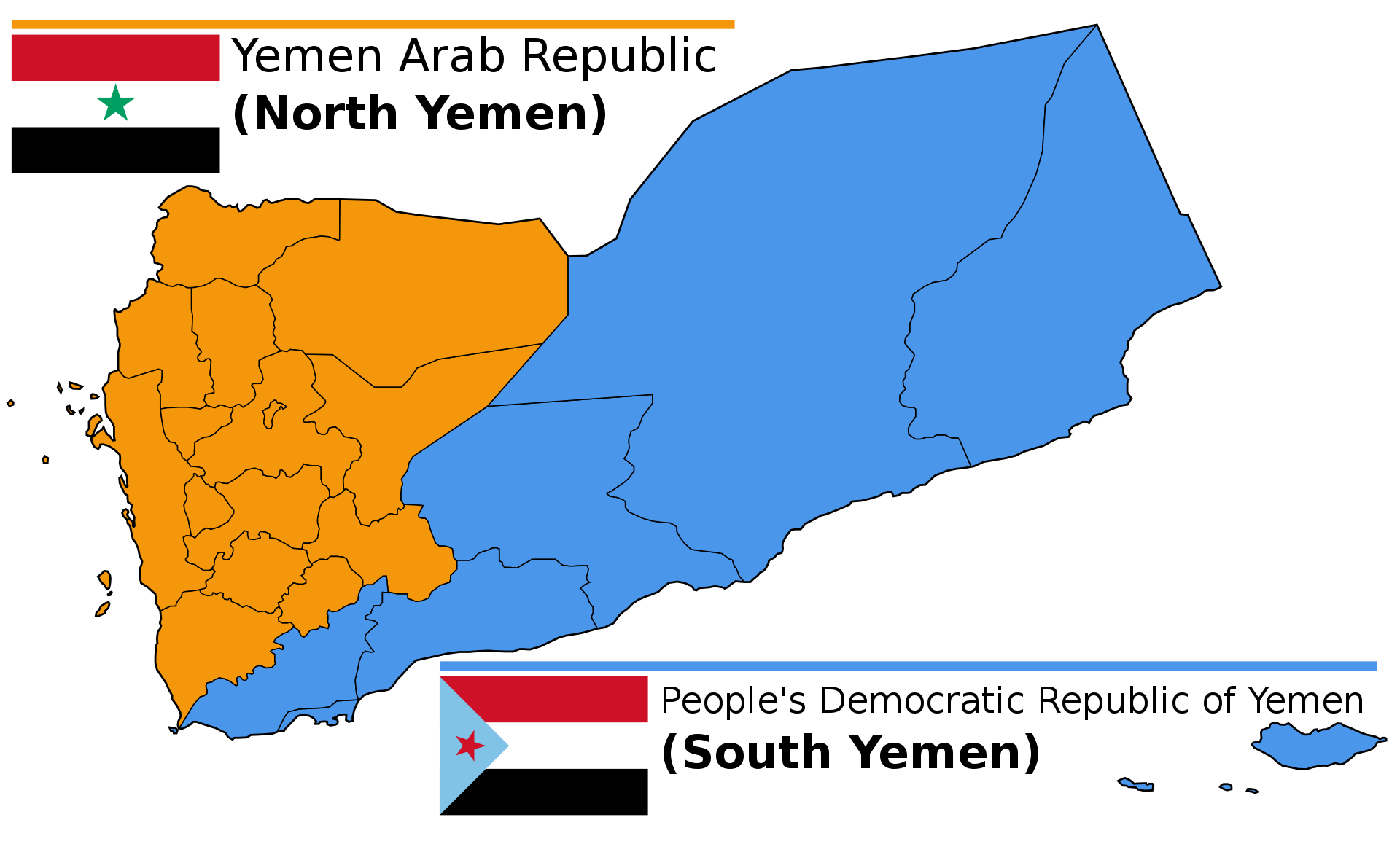
Houthis repress North Yemen nationalist rallies
Houthi de facto authorities carried out a wave of arrests, rounding up scores of largely peaceful demonstrators who gathered to commemorate the 61st anniversary of North Yemen’s 26th of September Revolution, reports Amnesty International. The organization is calling on Houthi authorities to “immediately and unconditionally release all demonstrators held solely for peacefully exercising their right to freedom of assembly.” On the date marking establishment of the Yemen Arab Republic in 1962, people took to the streets in cities across North Yemen, including Sana’a, Ibb, and Houdeidah, carrying flags of the republic that was formally disbanded with Yemen’s unification in 1990. (Map via Wikipedia)




